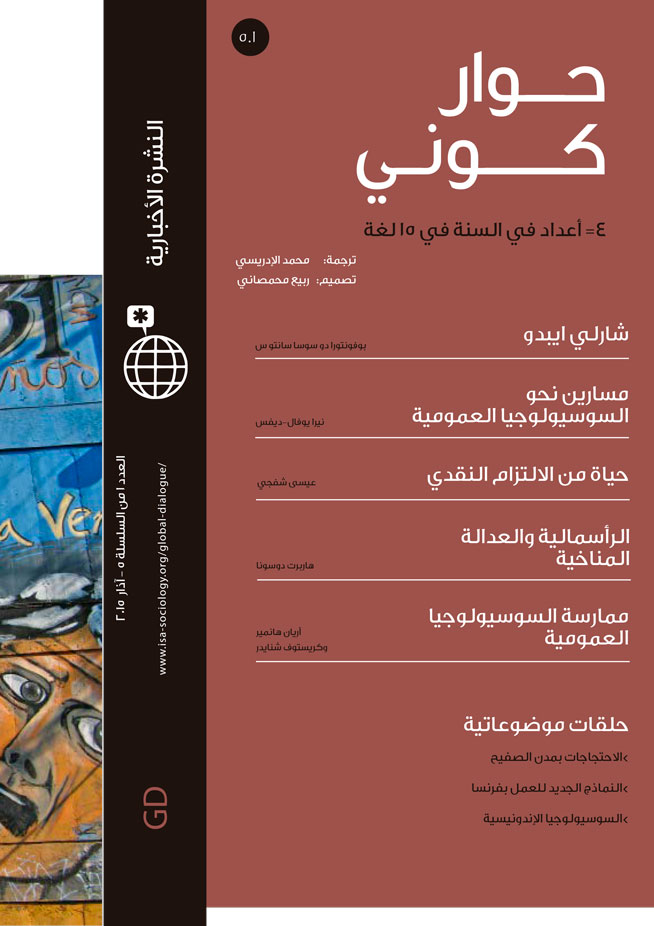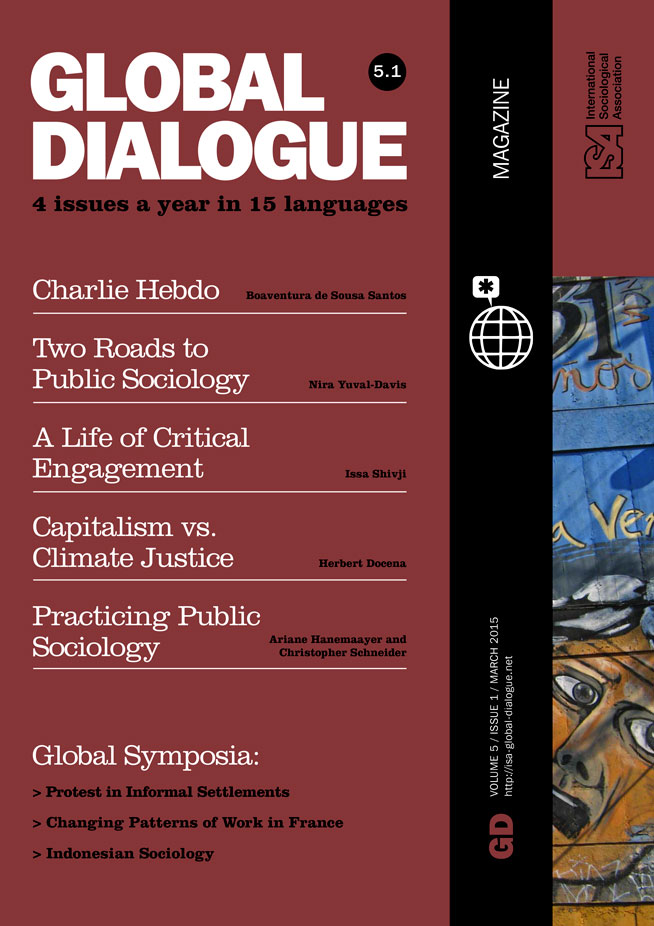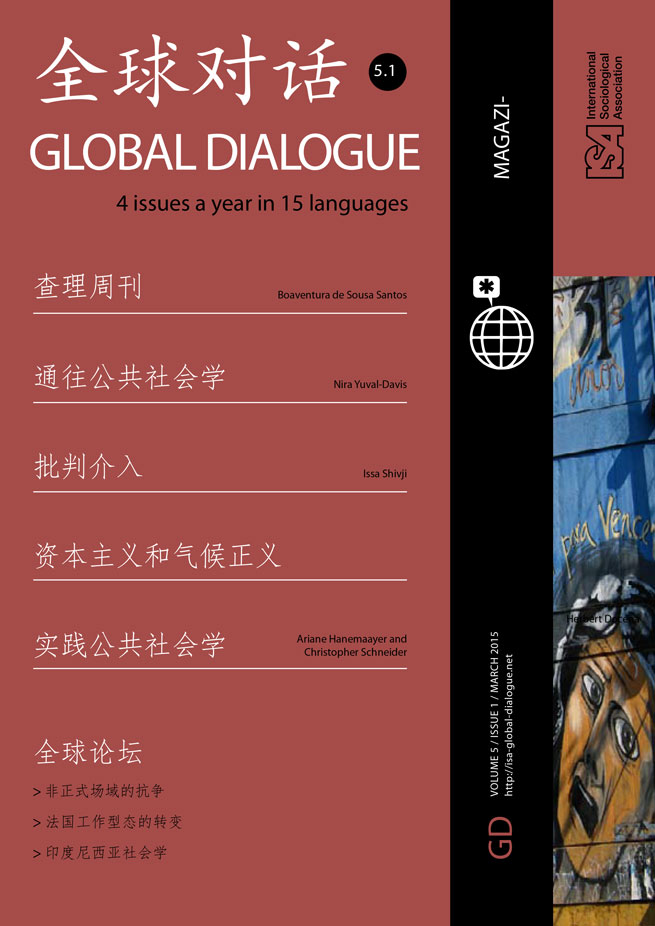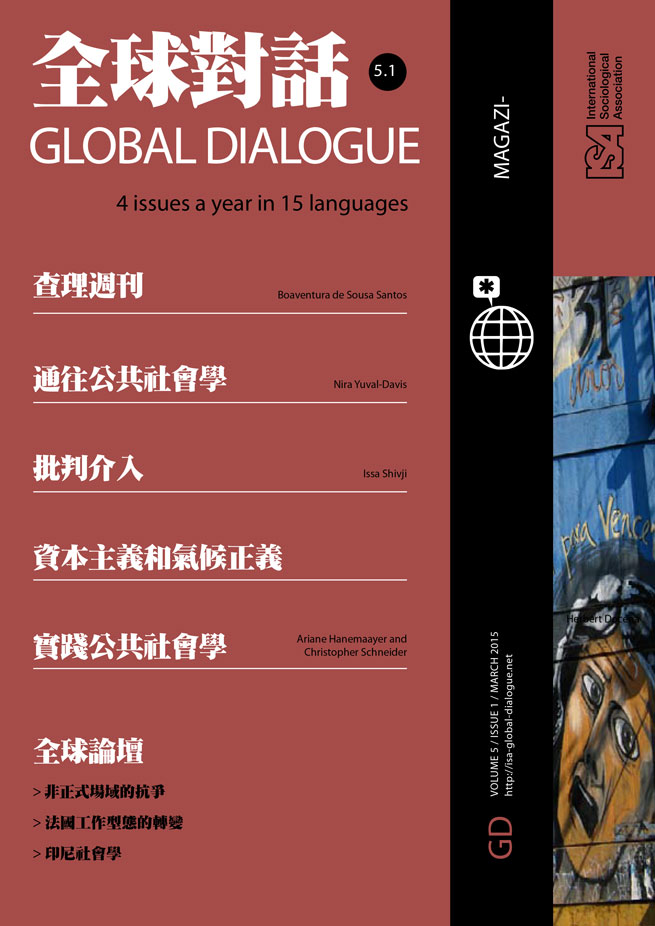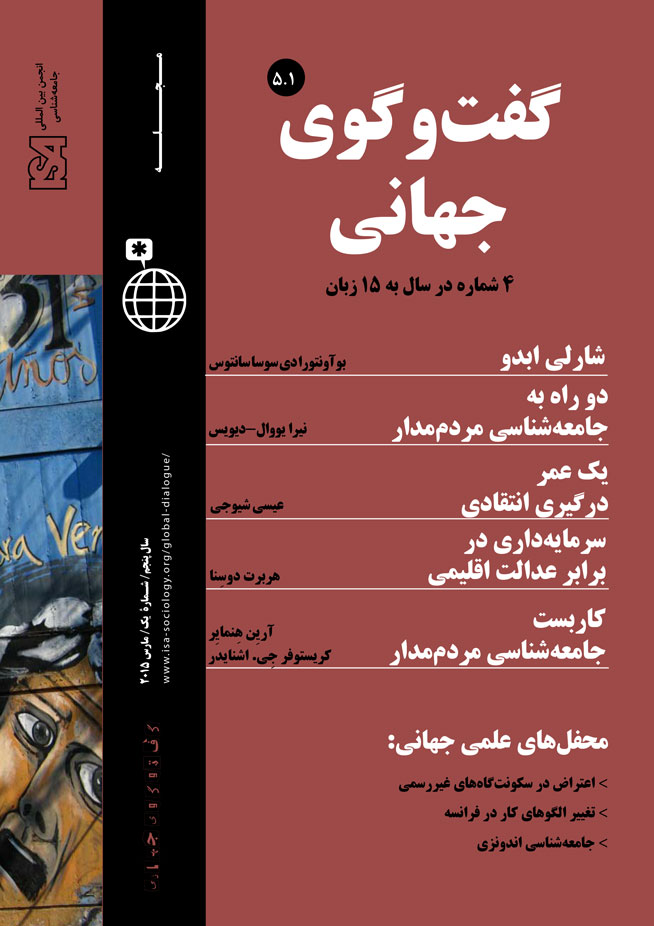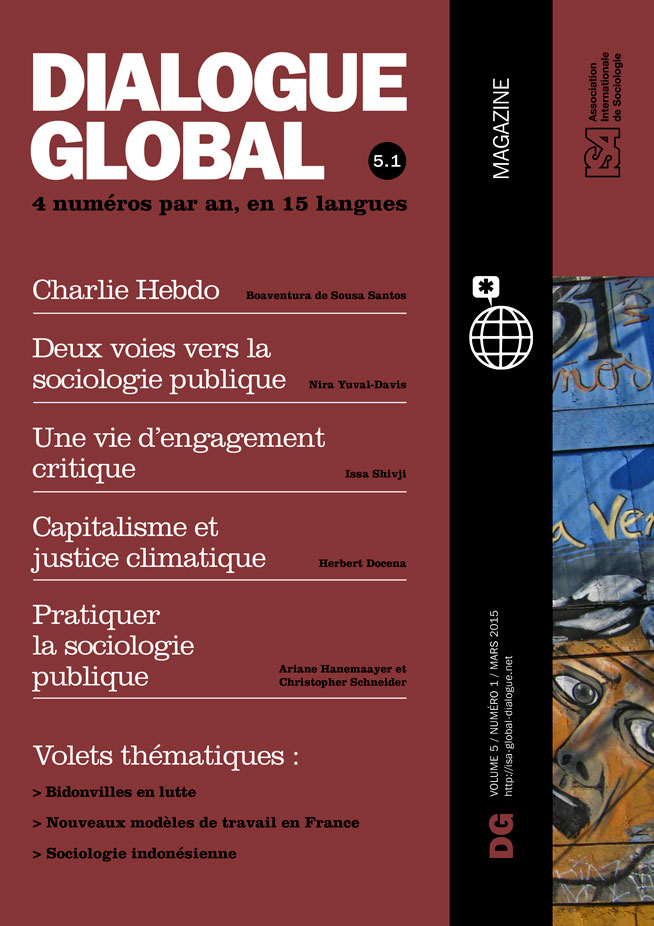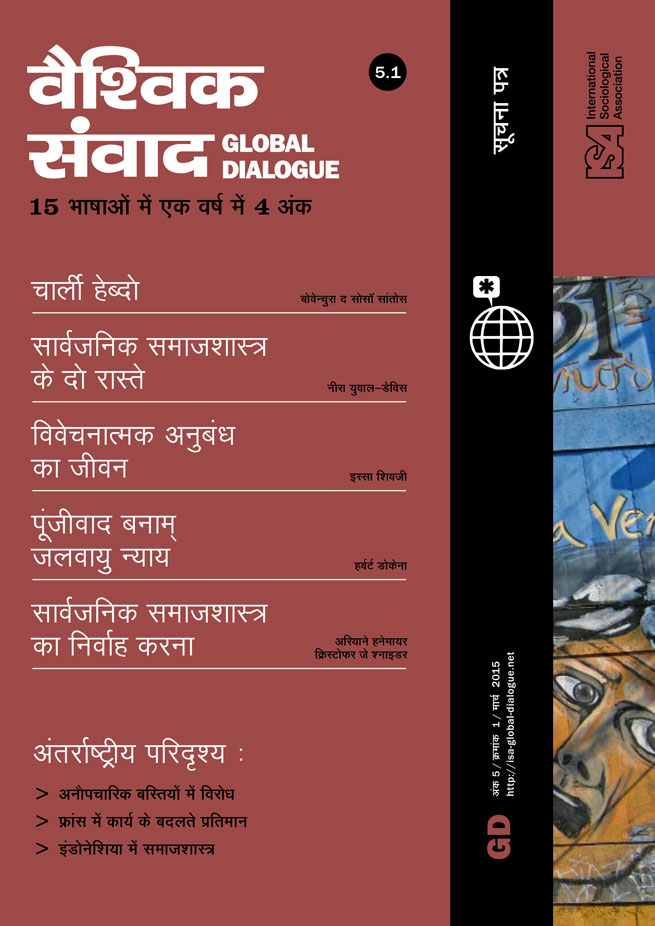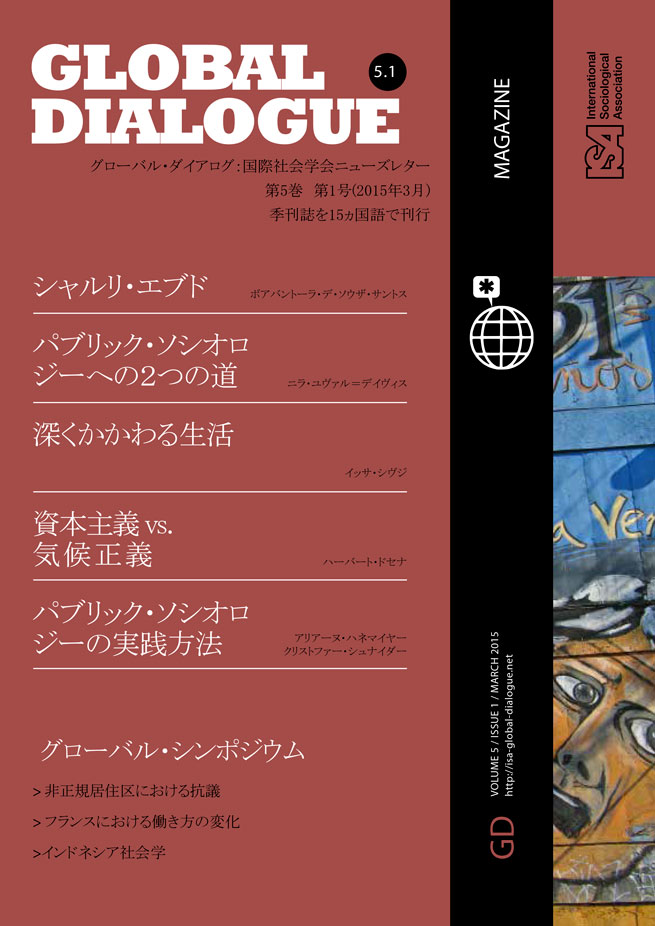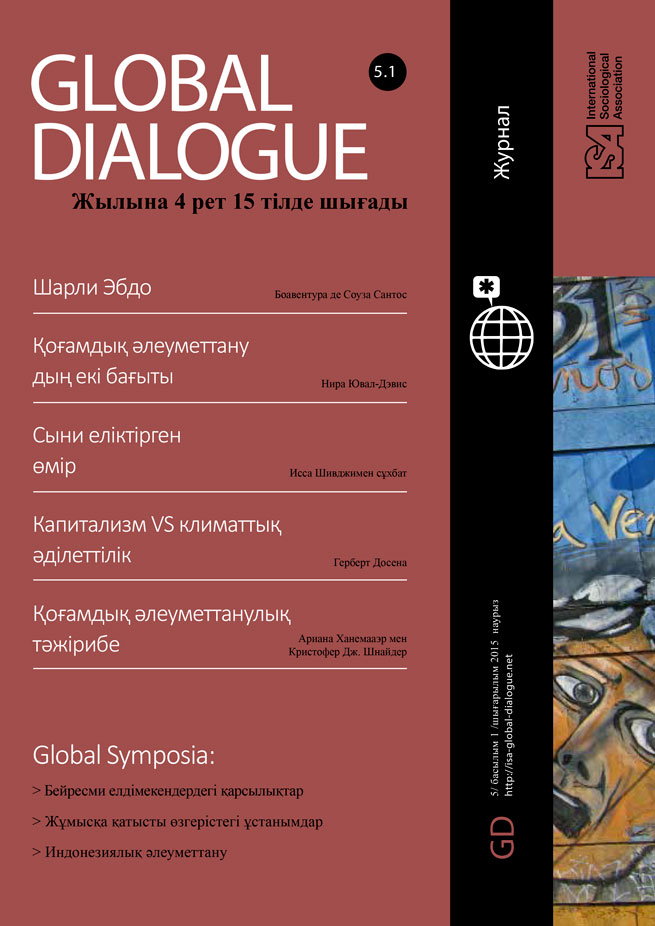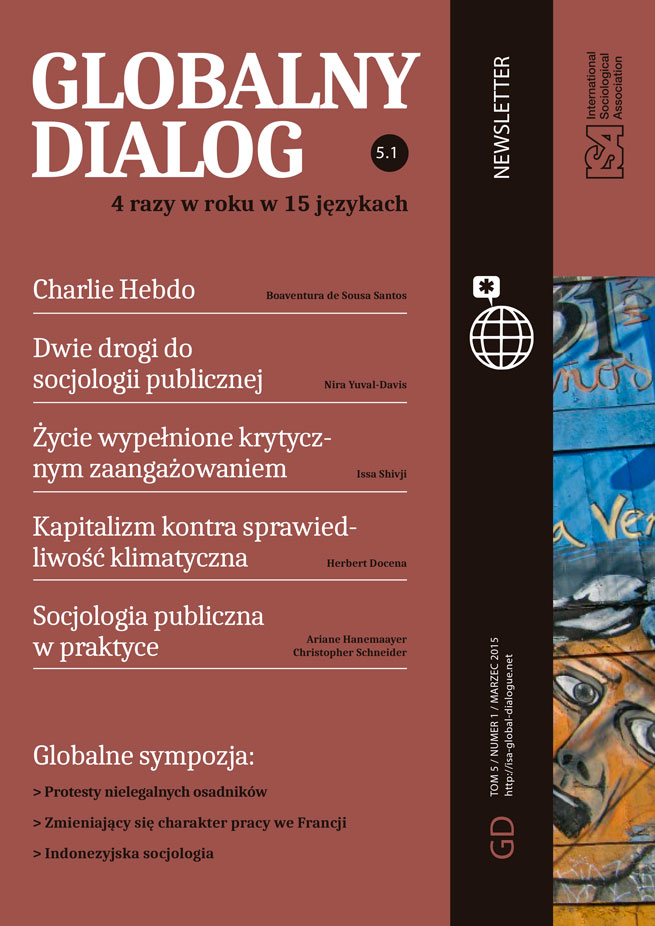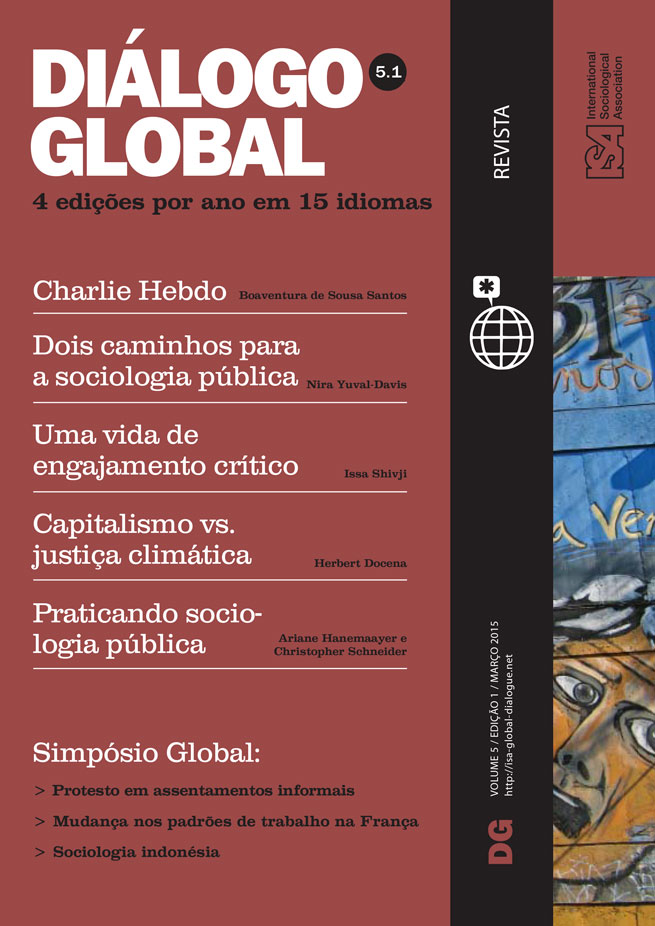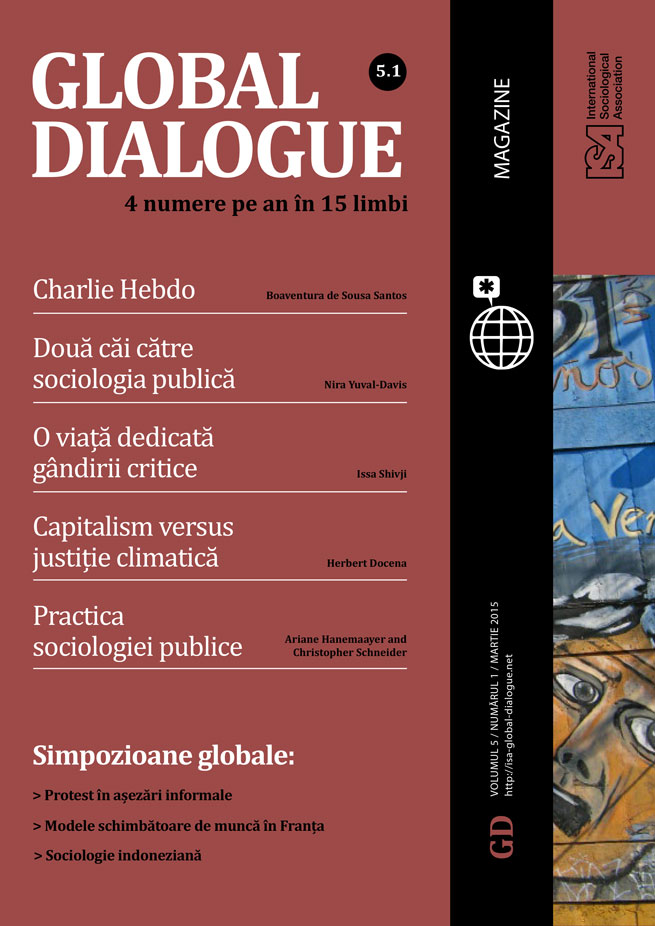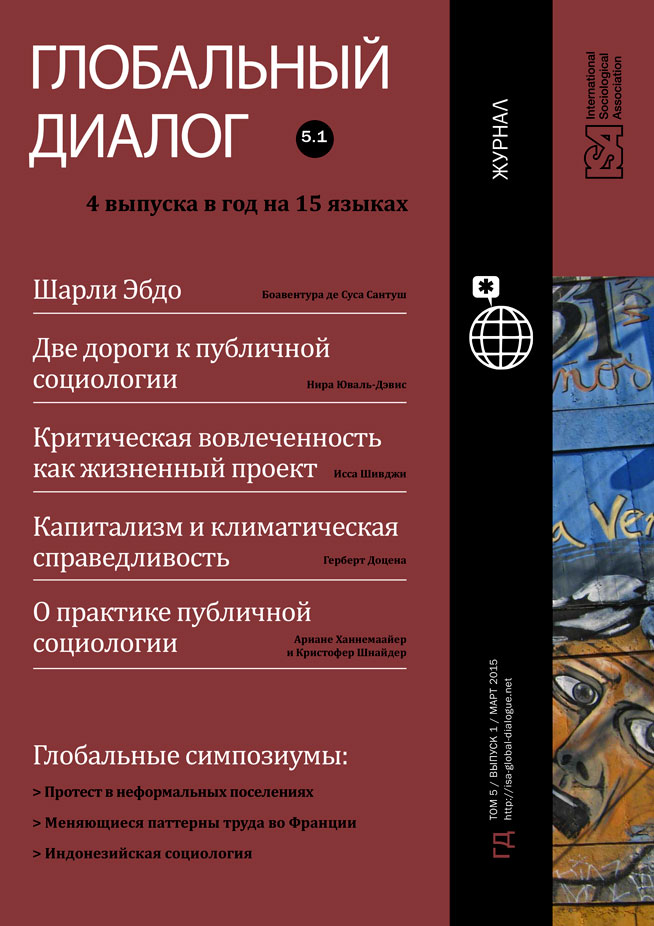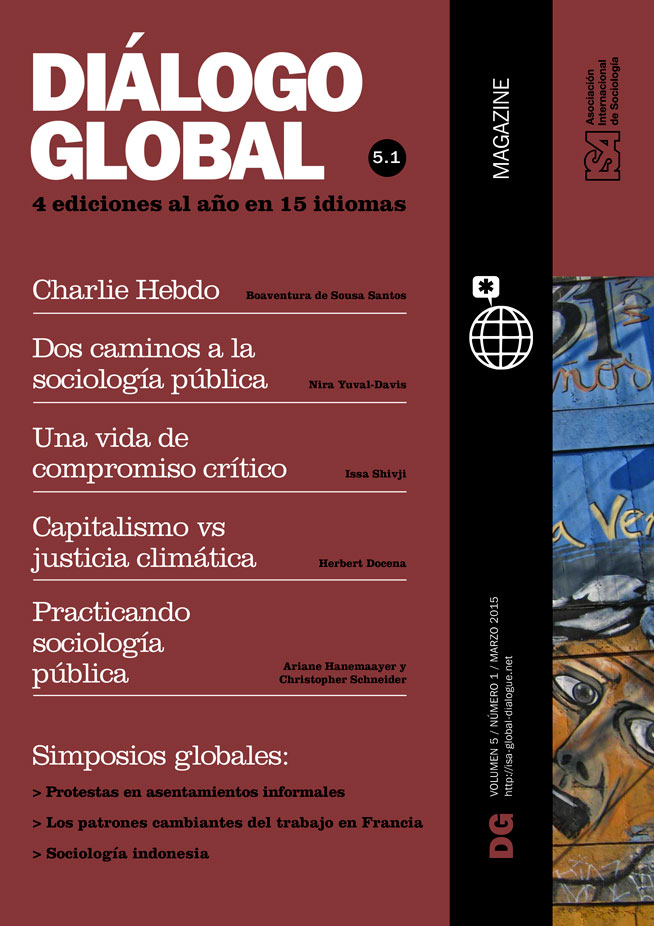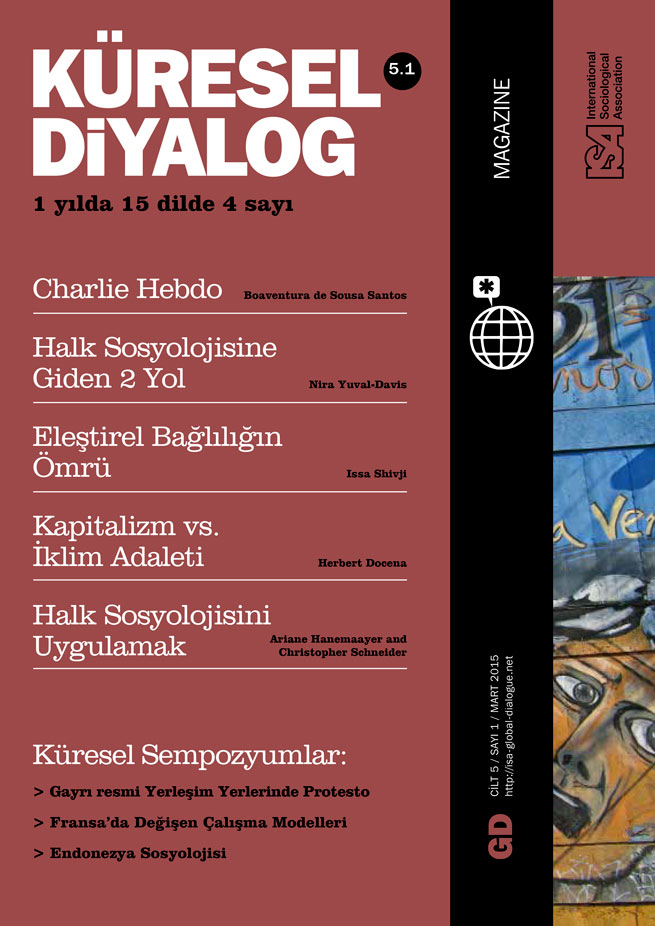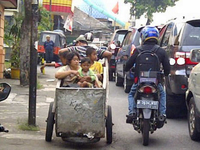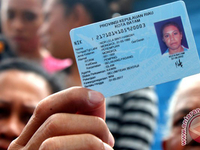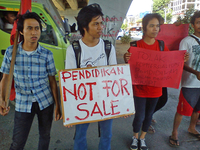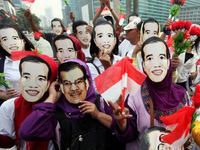Labor Movements and Working-Class Politics in Indonesia
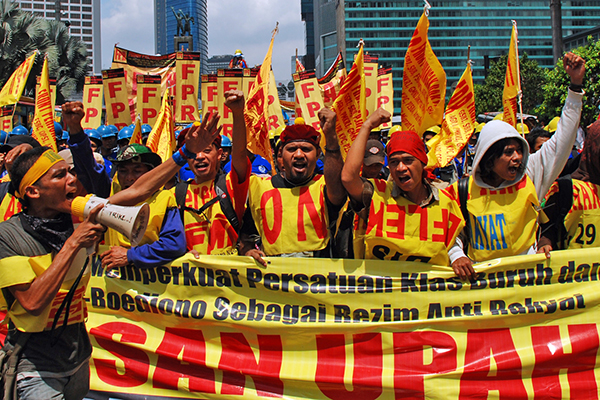
February 22, 2015
After a long period of absence from the political arena, the labor movement in Indonesia seems on the verge of a new political activism. In 2014, a number of union leaders were elected to parliament at the district level during the general election. This achievement is historic, since there has been no genuine representation of the working class in Indonesia’s national and local parliament for nearly 50 years. The debate about expanding the workers’ struggle beyond the workplace into the broader arena has been also roiling, with several social and political experiments over the past decade. We can now ask: can the labor movement transform class politics in Indonesia?
The economic liberalization and democratization underway since the fall of the authoritarian regime in 1998 generated new challenges and a different pattern of industrial conflict. State control has been replaced by market control. Mobile and powerful capital in a highly competitive global market becomes the “new opponent,” the new threat to union development. The basis of new unions is already being eroded by excessive flexibilization of the labor market – even before those new unions regained their footing following the collapse of Suharto’s corporatist state.
Today’s conditions prompt unions to focus on anti-flexibilization. Traditional agendas involving increasing wages, freedom of association, and resisting job termination are also part of this new framework. Unions attack the state for its liberalizing labor policies and companies for imposing precarious working conditions (Juliawan, 2011). Unions have, therefore, campaigned for a more effective social security system that would compensate for job insecurities and the increasing vulnerability of workers. The union movement has been at the center of demands to transform the social welfare system, thereby creating a much broader constituency amidst the loss of thousands of union members.
Broadening the labor movement’s constituency presents new challenges, however, particularly as unions try to obtain wider social and political support to deal with aggressive market pressures. Although many unions remain conservative, a number of local unions affiliated to progressive national unions have pursued two strategies. The first involves becoming leaders especially within working class communities but also building relations with different groups, including peasants and street vendors. A second strategy involves taking part in electoral politics. Here the objective is to build representation in local parliaments, opening a pathway for national representation in order to influence the policymaking process. Participating in electoral politics is also regarded as a vehicle for establishing a broader base of support for unions.
The pattern of industrial conflict and the transformation of unionism in the post-Suharto era may have stimulated a growing and more consolidated working-class movement, but the gains are never assured (Hadiz, 2001). For example, two leaders of a progressive union in the Bekasi industrial region, near Jakarta, successfully campaigned for local electoral seats in 2014. This was a successful experiment since they won through organized support from militant members. Following their historic victory, the leaders of the national union took a controversial position in the 2014 presidential election – mobilizing union members to support the presidential candidate who had served in Suharto’s authoritarian regime and who was endorsed largely by Islamic political parties lacking political roots in the working class. This has raised major questions about the interest of the unions’ national leaders in class politics.
Meanwhile, most of the other union experiments in electoral politics have fizzled out, failing to win significant votes even from workers’ communities. Many of those who did win electoral seats did not use their own union as a political base, benefitting instead from other party political machines. Instead of building a working-class politics, these politicians find themselves dealing with the pragmatics of money politics and competing with powerful religious ideologies.
A similar situation is found in efforts to broaden labor’s constituency through community-based movements. Although some unions were quite successful in establishing wide networks and exchanging social for political support, they nevertheless now find it difficult to establish a strategic common interest. Each group within the network tends to remain dominated by their own narrow horizons; support is simply exchanged between particular groups, without building a common class interest even among workers. Likewise, success in promoting a national social security system linking the working class to wider social groups cannot be regarded as the triumph of class politics: it reflects a cross-class citizens’ coalition rather than working-class interests per se.
While there are bright spots, the development of the current Indonesian labor movement is handicapped by the vulnerability of its social base. Although the young generation – which makes up most of the workforce and is the mainspring behind the current labor movement – never lived under the authoritarian regime. Instead, they have experienced a long history of depoliticization (Caraway et al., 2014). Industrial conflicts, social movements, and the collective consciousness constructed through these processes, are not sufficient to forge a sturdy class-based political movement. Moreover, cross-class interests as well as other identities such as ones based on religion are powerful rivals for the allegiance of workers.
References
Caraway, T. L., Ford M., Nugroho H. (2014) “Translating membership into power at the ballot box? Trade union candidates and worker voting patterns in Indonesia’s national elections,” Democratization. http:/dx.doi.org/10.1080/13510347.2014.930130
Hadiz, V. R. (2001) “New Organising Vehicles in Indonesia: Origins and Prospects,” in Jane Hutchison and Andrew Brown (eds.) Organising Labour in Globalising Asia. London and New York: Routledge.
Juliawan, B. H. (2011) “Street-level Politics: Labour Protest in Post-authoritarian Indonesia,” Journal of Contemporary Asia, 41(3): 349-370.
Hari Nugroho, University of Indonesia, Depok, Indonesia, Member of ISA Research Committees on Labor Movements (RC44) and Social Movements, Collective Actions and Social Change (RC48) <hari.nugroho@ui.ac.id>

